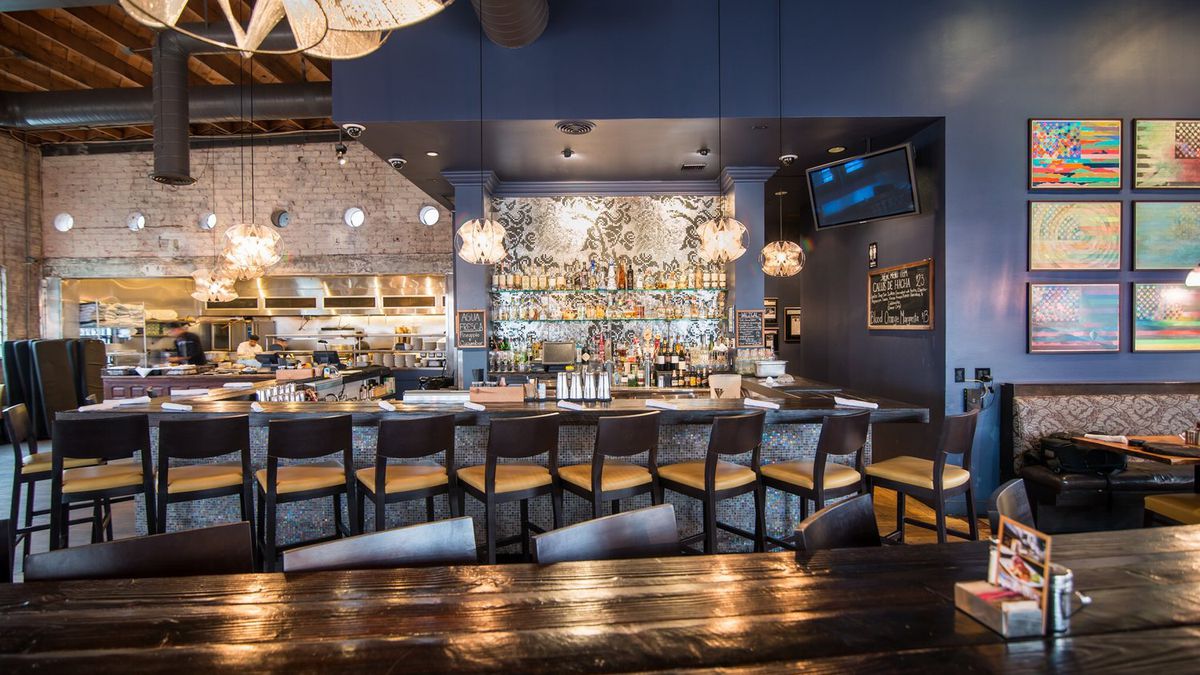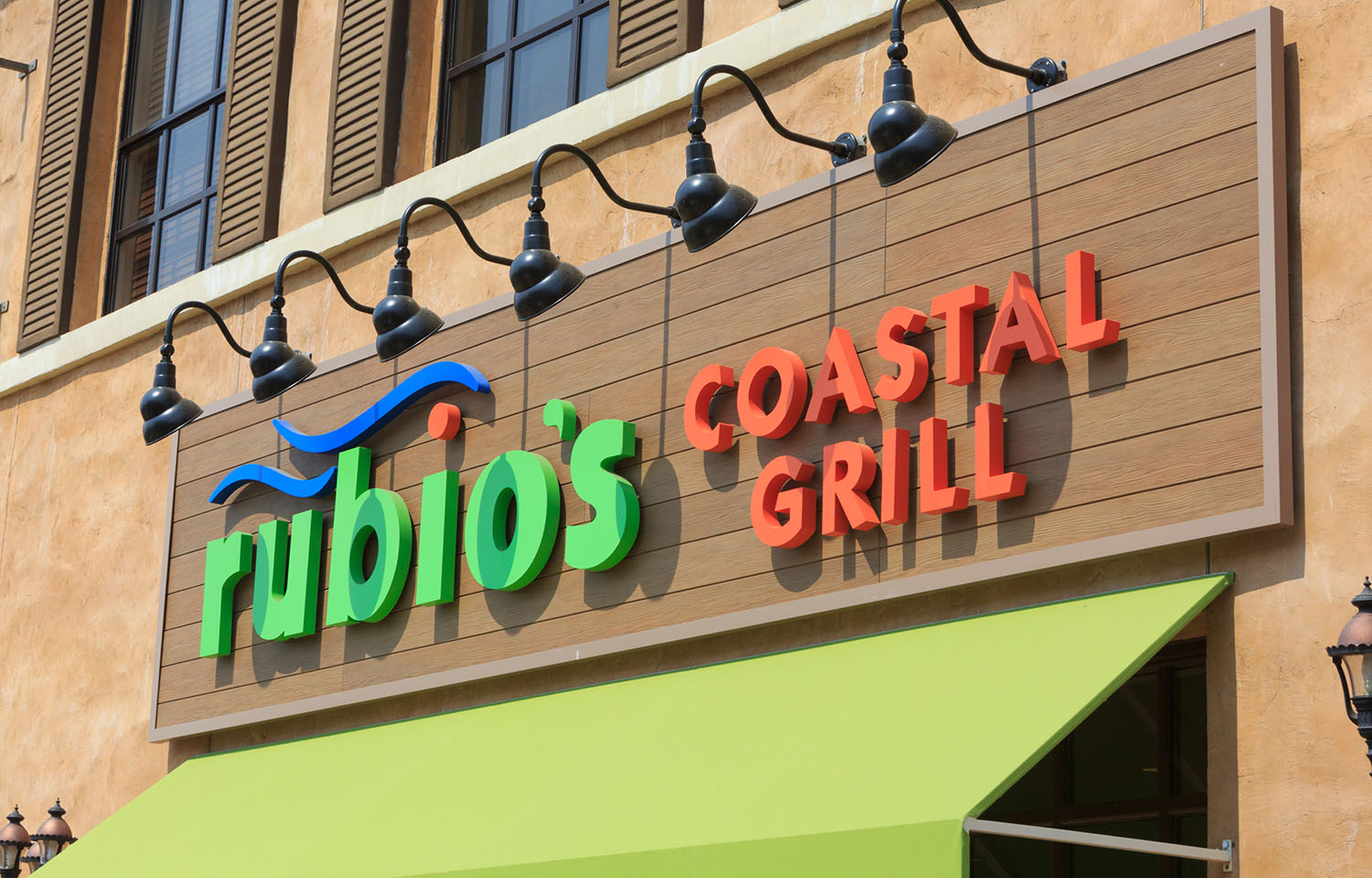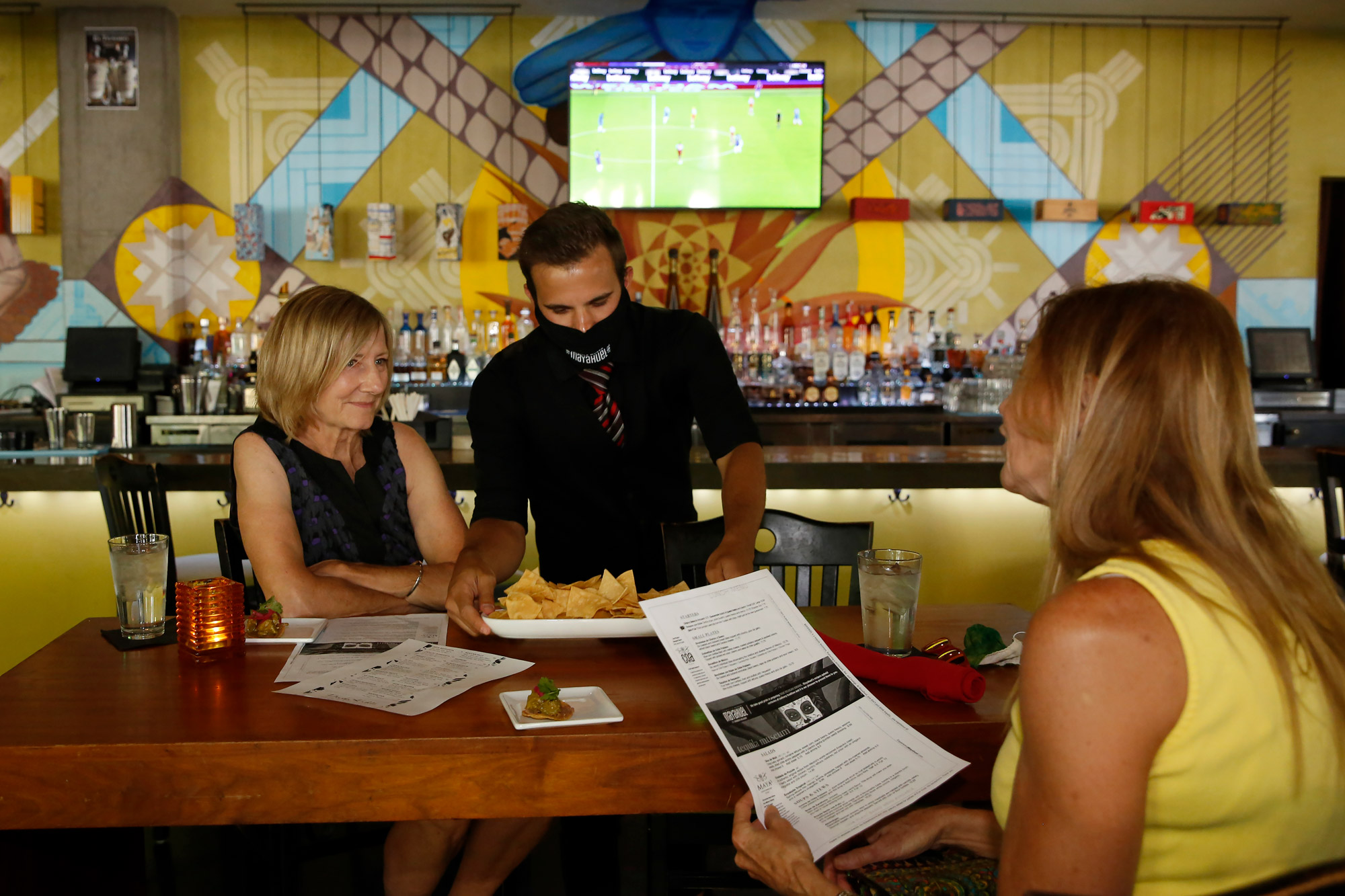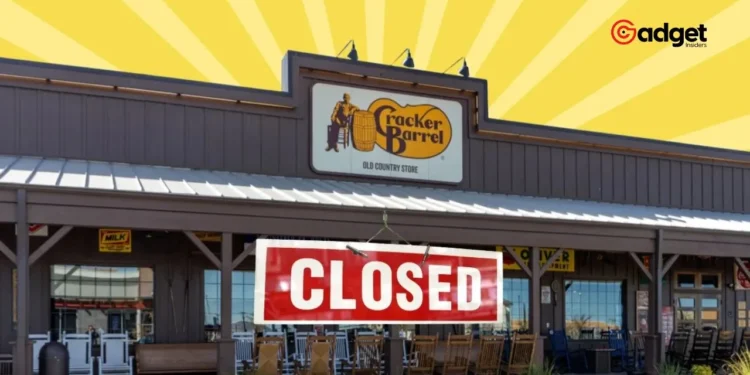Salud Tacos, once heralded as the ‘King of All Tacos,’ has permanently shut its doors, becoming the latest casualty in a series of restaurant closures across California. The San Diego favorite, known for its authentic Latin American flavors, has succumbed to a mixture of leasing challenges and the state’s significant minimum wage increases—a situation that mirrors the broader economic strain facing many Californian restaurateurs.

A Troubled Lease and Rising Costs
The owner of Salud Tacos expressed the heartache of closing a business that had been a community staple since its inception in 2015. “This might be one of the hardest things I’ve ever had to express publicly,” the owner shared on Instagram, reflecting on the failed negotiations for a new lease and other unforeseen setbacks.
Despite years of serving satisfied customers and earning a place in the hearts of local food lovers, Salud Tacos could not withstand the financial pressures that came with recent legislative changes.
Under Governor Gavin Newsom’s administration, California implemented a controversial law at the beginning of April, mandating fast food restaurants to increase their minimum wage from $16 to $20 an hour. This 25 percent increase, criticized by many as too abrupt, has put immense pressure on businesses, leading to a domino effect of closures and layoffs within the industry.

Salud Tacos: The Ripple Effects on the Community and Economy
The closure of Salud Tacos is more than just the end of a restaurant; it represents a significant shift in the local economic landscape and the community’s cultural fabric. The adjoining bar, La Bamba, also announced its closure, further deepening the economic impact on the area.
Jonathan Maze, Editor in Chief of Restaurant Business, commented on the trend, stating, “This is a difficult environment right now for restaurants. We’ll probably continue to see more of this.”
The economic fallout extends beyond individual restaurants. Statewide, major chains like Rubio’s Coastal Grill have filed for Chapter 11 bankruptcy, closing 48 locations and laying off thousands of employees. These closures are symptomatic of a larger issue facing the fast food industry in California, where businesses struggle to adapt to rapidly increasing operating costs.

A Statewide Controversy and National Debate
The decision to raise the minimum wage so significantly has sparked a heated debate about the balance between fair wages and business sustainability. Critics like Tom Manzo, president of the California Business and Industrial Alliance, argue that such laws endanger businesses.
“You can only raise prices to a certain point. People aren’t going to pay $20 for a Big Mac,” Manzo explained.
The controversy has even prompted the trade group to publish mock “obituaries” for affected brands in a national newspaper, highlighting the dire consequences of the wage hike for both small and large businesses. This public outcry reflects a growing concern among business owners and economic analysts about the long-term viability of such legislative measures.

Looking Forward
As California grapples with these economic challenges, the story of Salud Tacos serves as a poignant reminder of the delicate balance required in policy-making. The state’s endeavor to improve living standards through wage increases must be weighed carefully against the economic realities faced by businesses, especially in sectors like fast food, where profit margins are notoriously slim.
The closure of Salud Tacos is not just the end of a restaurant but a critical moment of reflection for policymakers and business leaders alike. As California continues to navigate these “wage wars,” the outcomes will likely influence future labor laws across the nation, making it a key issue for both economic and political discourse in the coming years.










